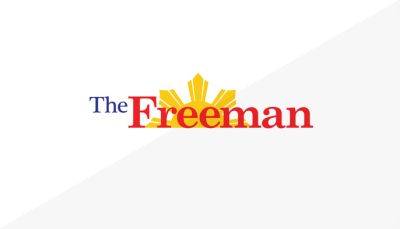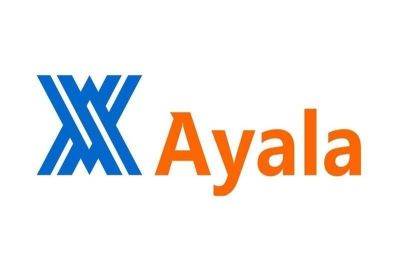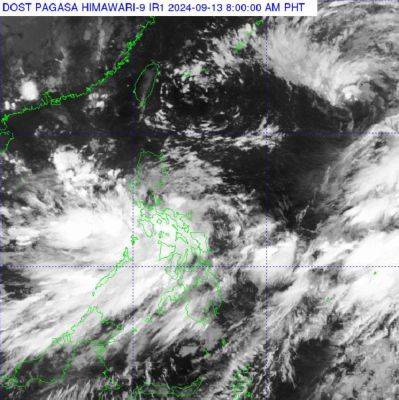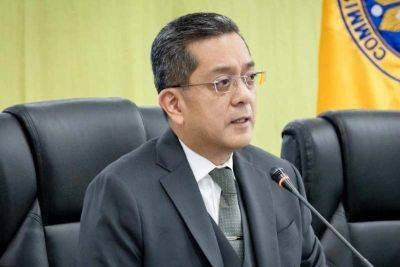Interpol: Expect deepfakes surge in 2025 Philippines elections
MANILA, Philippines — The International Criminal Police Organization (Interpol) believes the Philippines has to develop regulations on the use of deepfakes to minimize political deception in the 2025 midterm elections.
At a forum led by cybersecurity giant Trend Micro, Interpol head of cybercrime intelligence unit Ivo de Carvalho Peixinho said the country can consider introducing regulations against deepfakes now that the country will hold midterm polls next year.
Deepfakes cover audio, images and videos that are edited through artificial intelligence or AI and they imitate the likeness or demeanor of certain personalities, such as celebrities and politicians, with the intent of misleading people.
Peixinho warned that deepfakes can be used to deceive people into believing that someone did or said something even when reality says otherwise. This becomes dangerous during elections, as it can be weaponized to trick voters.
“We need to push a little forward a talk about regulation. It is one thing for people to say that the opinion on the internet is fine, that people have different opinions, that we should just debate them,” he said.
“It is another thing for people to weaponize (deepfakes to spread) false information and to swing people to vote for specific candidates,” he added.
President Marcos fell victim to multiple deepfakes, allegedly produced by his political opponents, such as an audio in April where he supposedly ordered the Armed Forces of the Philippines to act against China.
In July, the President was also the subject of another deepfake, with his face planted on the head of a man sniffing something that resembles an illegal substance.
Peixinho believes that without regulations, deepfakes could be exploited by some for hateful propaganda.
The US, which is holding presidential elections this year, is also working on rules regarding the use of deepfakes – and AI in general – for political campaigns.
For instance, a law in Colorado was passed requiring political candidates to declare whether they used AI in their ad materials.
The Philippines is said to be a hotbed for online disinformation during elections, particularly in 2022. This led Meta, the owner







